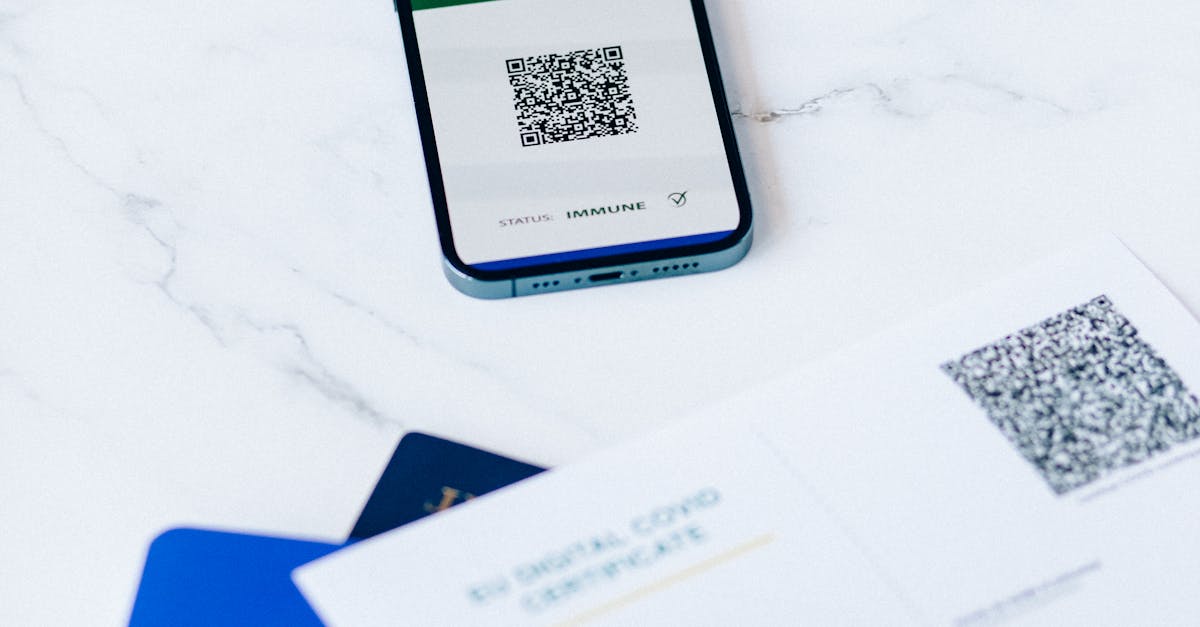GDPR vs HIPAA: A Comprehensive Guide to Understanding Compliance in Healthcare
In today's digital healthcare landscape, protecting patient data is more critical than ever. Two major regulations govern data privacy and security globally: the General Data Protection Regulation (GDPR) in Europe and the Health Insurance Portability and Accountability Act (HIPAA) in the United States. While both aim to safeguard sensitive information, they differ significantly in scope, applicability, and requirements. Understanding these differences is crucial for any clinic seeking to achieve compliance and protect its patients. This guide explores the nuances of GDPR vs HIPAA and how an advanced clinic management system can be the cornerstone of your compliance strategy.

Core Differences: Scope and Jurisdiction
Understanding the Scope of GDPR vs HIPAA
One of the most fundamental distinctions between the two regulations lies in their scope. GDPR is designed to protect the personal data of European Union (EU) citizens, regardless of where the organization processing the data is located. This means a clinic anywhere in the world, if it offers services to and collects data from EU citizens, must comply with GDPR. This principle, known as "extraterritorial reach," makes GDPR a global regulation by nature.
In contrast, HIPAA is exclusively focused on the United States. It applies to "covered entities" like healthcare providers, health insurers, and healthcare clearinghouses, as well as their "business associates" who handle Protected Health Information (PHI) on their behalf. HIPAA's scope is confined to protecting health information within the US healthcare ecosystem.
Types of Data Protected: Personal Data vs. PHI
Another critical difference concerns the type of data each regulation protects. GDPR offers broad protection that covers "any personal data" related to an identifiable natural person. This includes not just health information but also names, addresses, IP addresses, online cookies, and any other identifier that can be linked back to an individual. For clinics, this means everything from a patient's contact details to their medical history falls under GDPR protection if the patient is an EU citizen.
HIPAA has a narrower focus on Protected Health Information (PHI). PHI is defined as any individually identifiable health information that is created, used, or disclosed by a covered entity or business associate. While PHI includes medical records, lab results, and billing details, it does not cover broader personal data unrelated to healthcare, unlike GDPR.
Data Subject Rights and Consent: Empowering Patients
Comparing Patient Rights in GDPR vs HIPAA
GDPR grants individuals an extensive set of rights over their personal data. These include the right to access, rectify inaccurate data, restrict processing, data portability (obtaining their data in a machine-readable format), and, most notably, the "right to be forgotten" (data erasure). Clinics subject to GDPR must be prepared to respond to these requests promptly.
HIPAA, on the other hand, provides more specific rights, such as patients' right to access and amend their health records. However, it does not grant an absolute right to erasure, as healthcare laws often require medical records to be retained for specific periods. Furthermore, GDPR requires explicit, informed consent for almost any data use, whereas HIPAA often permits the use of PHI for treatment, payment, or healthcare operations without needing explicit consent each time.

Data Breach Response and Notification: Comparing Timelines
The two regulations differ significantly in their data breach reporting requirements. GDPR requires organizations to notify the relevant supervisory authority within 72 hours of discovering a data breach that is likely to result in a risk to individuals' rights and freedoms. This short timeframe necessitates swift and effective response protocols.
Under HIPAA, the timeline is more lenient. Affected individuals and the Department of Health and Human Services (HHS) must be notified "without unreasonable delay" and no later than 60 days after the discovery of a breach. If a breach affects more than 500 people, the media must also be notified.
| Feature | GDPR | HIPAA |
|---|---|---|
| Breach Notification | To authority within 72 hours | To individuals & OCR within 60 days |
| Threshold | Applies to all personal data breaches if risk exists | Only to unsecured PHI |
The Role of a Modern Clinic Management System in Compliance
Navigating the complexities of GDPR vs HIPAA can seem daunting, but having the right tools can simplify the process significantly. A comprehensive clinic management system like Tadawi is designed with security and compliance at its core. By centralizing patient data in a secure environment, Tadawi provides the necessary tools to manage compliance effectively. Advanced features like role-based access control ensure that only authorized personnel can view sensitive information, aligning with HIPAA's "minimum necessary" principle and GDPR's data minimization principles. Furthermore, robust audit trails log every data access and modification, providing the transparency and accountability required for compliance investigations.
The digital transformation in clinics is essential for improving operational efficiency and enhancing patient care. A system like Tadawi aids in this transition by automating administrative tasks, which reduces the risk of human error that can lead to data breaches. Secure patient portals enable encrypted communication and allow patients to access their records, supporting their access rights under both regulations. This not only enhances security but also contributes to cost reduction associated with paper records and manual processes. By streamlining operations, from appointment scheduling to pharmaceutical inventory management, the system frees up staff to focus on patient care.

Key Comparison Table: GDPR vs HIPAA
| Area | GDPR | HIPAA |
|---|---|---|
| Scope | Personal data (EU/UK citizens) | PHI (US healthcare) |
| Entity | Any organization | Covered healthcare entities |
| Rights | Access, erasure, portability, etc. | Access, amendment |
| Consent | Required for nearly all processing | Required in specific cases |
| Jurisdiction | Global (for EU citizen data) | US only |
| Cloud Agreement | Data Processing Agreement (DPA) | Business Associate Agreement (BAA) |
Conclusion: Building Trust Through Compliance
In conclusion, while both GDPR and HIPAA aim to protect sensitive information, they do so through distinctly different frameworks. GDPR is broader, covering all personal data of EU citizens across all industries globally, while HIPAA is more narrowly focused on PHI within the US healthcare sector. For clinics, especially those with an international patient base, understanding these regulations is not just a matter of legal compliance—it's about building trust with patients. A reliable clinic management system, like Tadawi, can be your essential partner in navigating this complex landscape, providing the secure infrastructure and features needed to protect patient data and meet regulatory obligations with confidence.
Glossary of Terms
- Inventory Management: The process of overseeing and controlling the ordering, storage, use, and sale of a company's inventory, including raw materials, components, and finished products.
- Supplier Integration: The process of connecting a clinic's systems with those of its suppliers to efficiently exchange data and information, facilitating ordering and procurement.
- Digital Transformation: The integration of digital technology into all areas of a business, fundamentally changing how a clinic operates and delivers value to patients.
- Pharmaceutical Marketing: Promotional and advertising activities undertaken by pharmaceutical companies to raise awareness of their products and encourage prescribing by doctors.
- Cost Reduction: Strategies and actions aimed at lowering operating expenses without compromising the quality of service or care provided.
Frequently Asked Questions (FAQ)
How does a clinic management system help with proper patient consent under GDPR?
A clinic management system like Tadawi can streamline the consent process by providing customizable digital consent forms. These forms can clearly state how patient data will be used and request explicit consent that is easily recorded and tracked. This ensures a clear audit trail for compliance with GDPR's strict consent requirements.
What are the most important security features to look for in a CMS for HIPAA compliance?
For HIPAA compliance, a clinic management system should include robust security features such as end-to-end encryption (for data in transit and at rest), role-based access controls to ensure minimum necessary access, audit trails to track data access, automatic log-off after a period of inactivity, and secure data backup to prevent data loss.
Can a clinic outside the US be affected by HIPAA?
Generally, HIPAA's enforcement is limited to the United States. However, if an international clinic is a business associate of a US-covered entity (e.g., providing consultation services that involve accessing PHI of US patients), they may be contractually obligated to comply with HIPAA standards through a Business Associate Agreement (BAA).
If you’d like to discover more strategies for boosting sales in your clinic, you can request a free quote for the Tadawi Clinic Management System. For frequently asked questions, click here.

